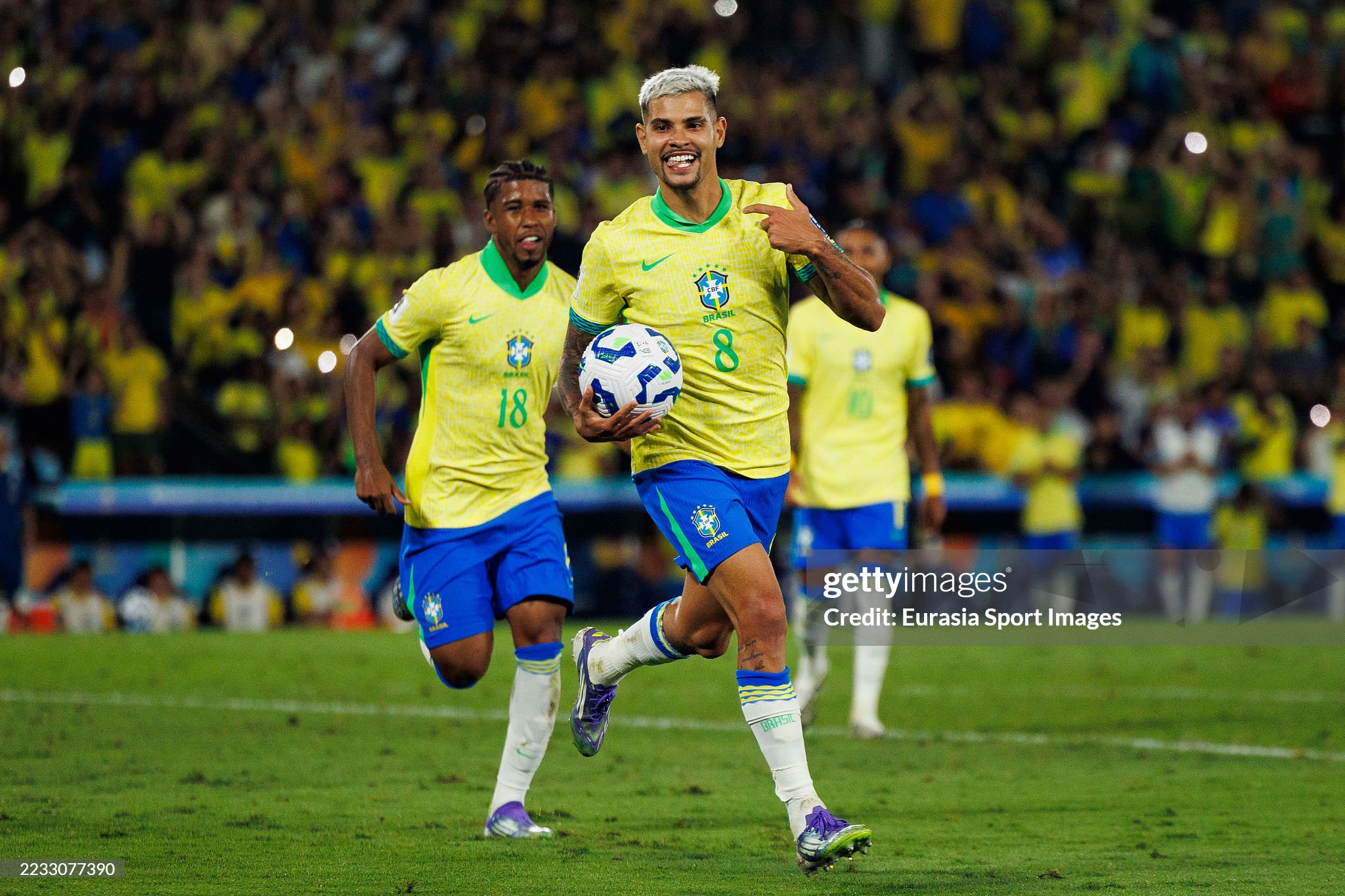Manchester City has reached a settlement with the Premier League regarding the Associated Party Transaction (APT) rules. The club announced this in an official statement. Both parties have agreed to immediately end the procedure.
Manchester City and the Premier League have finally reached a settlement over the controversial Associated Party Transaction (APT) rules, ending what had become one of the most closely watched regulatory disputes in English football.
The decision marks a significant turning point in the relationship between one of Europe’s most powerful clubs and the governing body of the world’s most commercially successful league.
The origins of the conflict date back to 2023, when Manchester City attempted to renew and expand a sponsorship agreement with Etihad Airways, the airline that has long been associated with the club as both stadium and shirt sponsor. The proposed deal was blocked under the Premier League’s APT regulations, which were designed to prevent clubs from inflating revenues through sponsorships with entities linked to their ownership. For City, whose owners hail from Abu Dhabi and maintain strong ties with Etihad, the rejection represented not only a financial setback but also a challenge to their broader commercial model.
In November 2024, the Premier League amended the APT rules, introducing stricter guidelines on how sponsorships are valued and approved. Clubs are now required to demonstrate that any deal with a related company matches “fair market value,” as assessed by independent auditors and the league itself. City immediately challenged the changes, describing them as anti-competitive and unlawful, arguing that the rules artificially restrained their ability to generate income while other clubs with long-established commercial networks faced no such restrictions.
The disagreement escalated quickly. Manchester City initiated arbitration proceedings, and when the court initially sided with them, the Premier League opted to amend rather than scrap the rules entirely. Still unsatisfied, City took the matter back to court, signaling their determination to fight not just for the Etihad deal but for what they saw as the principle of financial independence.
Observers noted that the stakes were enormous. The case was set to go to a two-week hearing next month, one that could have set a legal precedent affecting not only City but also other clubs with ownership links to corporations or sovereign wealth funds, such as Newcastle United with Saudi Arabia’s Public Investment Fund. Had City succeeded in overturning the rules outright, the financial landscape of English football might have shifted dramatically, allowing state-backed clubs far greater flexibility in signing lucrative deals with related entities.
However, in the days leading up to the scheduled hearing, both sides reached a settlement. According to City’s official statement, the club has now accepted that the current APT rules are “valid and binding.” In exchange, it is widely expected that the Premier League will adopt a more pragmatic and less rigid approach when assessing the value of the Etihad sponsorship, effectively ensuring the partnership can continue under revised conditions.
The settlement represents a compromise. City avoids the risk of a protracted legal battle that could have strained relations with the league and potentially backfired if they lost, while the Premier League maintains the integrity of its financial regulations without having to concede total defeat. Yet questions remain about how consistently the rules will be applied in practice and whether other clubs will challenge them in the future.
For critics, the APT rules are essential to maintaining competitive balance in a league where financial power can so easily translate into dominance on the pitch. They argue that without such safeguards, clubs backed by state wealth could sign artificially inflated sponsorship deals that distort the playing field. Supporters of City’s position counter that the rules punish ambition and unfairly restrict clubs that are trying to grow their global brand, especially when traditional giants like Manchester United, Liverpool, and Arsenal benefit from decades of commercial advantage built before financial fair play became a concern.
Importantly, this settlement has no bearing on the much larger and more dangerous storm looming over City. The Premier League is still pursuing the club over 115 alleged breaches of financial regulations, accusations that span a period of more than a decade. That case is ongoing and could result in severe penalties, including points deductions, transfer restrictions, or even relegation, depending on the eventual outcome. Compared to that, the APT dispute was only a skirmish but one that revealed just how contentious the relationship between City and the Premier League has become.
For now, City can count the settlement as a partial win. The Etihad deal, long a cornerstone of their financial model, looks set to continue, albeit under closer scrutiny. The club also avoids the negative publicity of a high-profile court case at a time when they are already under intense scrutiny. For the Premier League, the agreement preserves the credibility of the APT framework while showing flexibility in its application.
Beyond the legalities, the episode underscores a broader truth about modern football: the battle for supremacy is fought as fiercely in courtrooms and boardrooms as it is on the pitch. With billions at stake, questions of regulation, sponsorship, and financial governance are shaping the future of the game as much as goals and trophies. Manchester City’s settlement may have brought one chapter to a close, but the story of money, power, and accountability in English football is far from finished.







